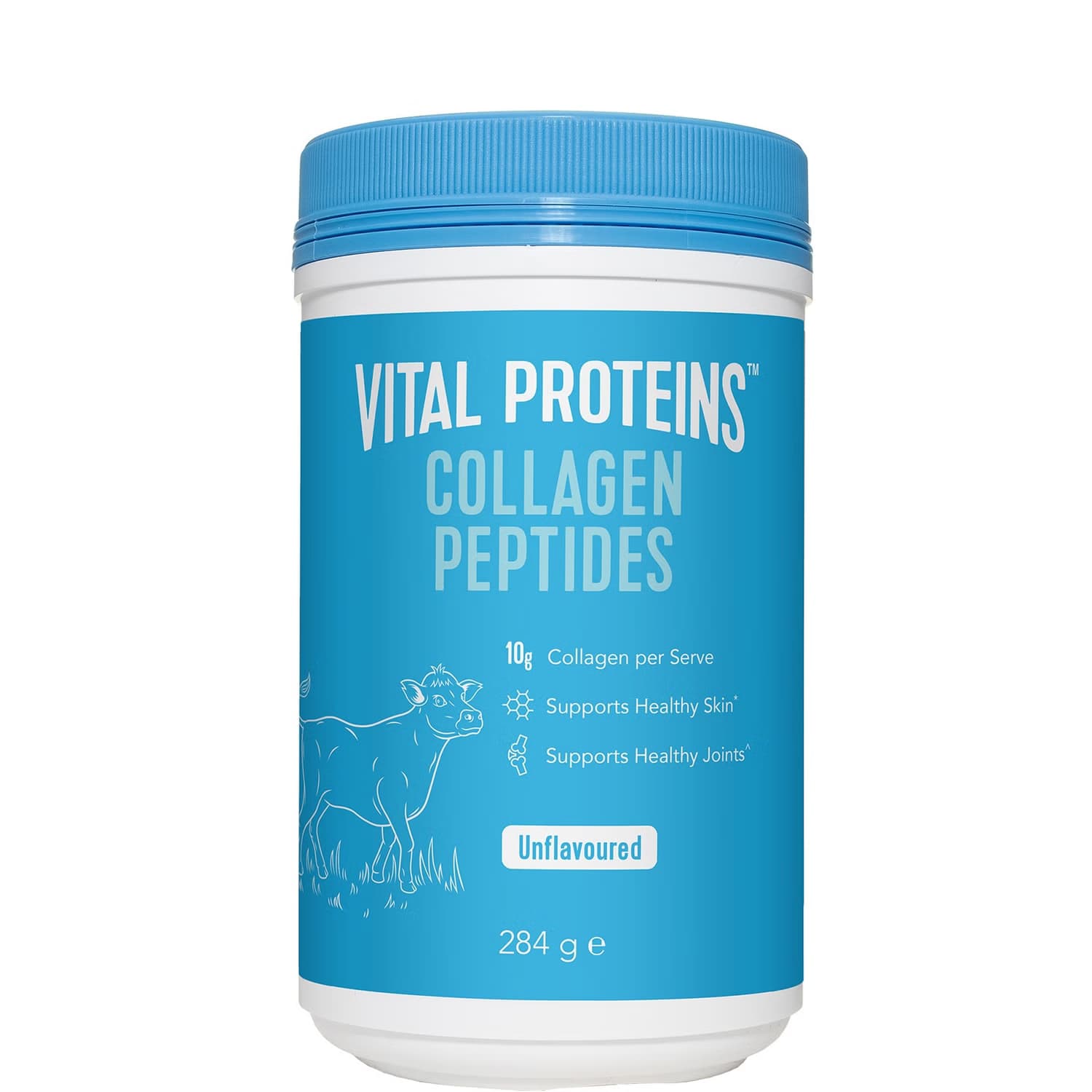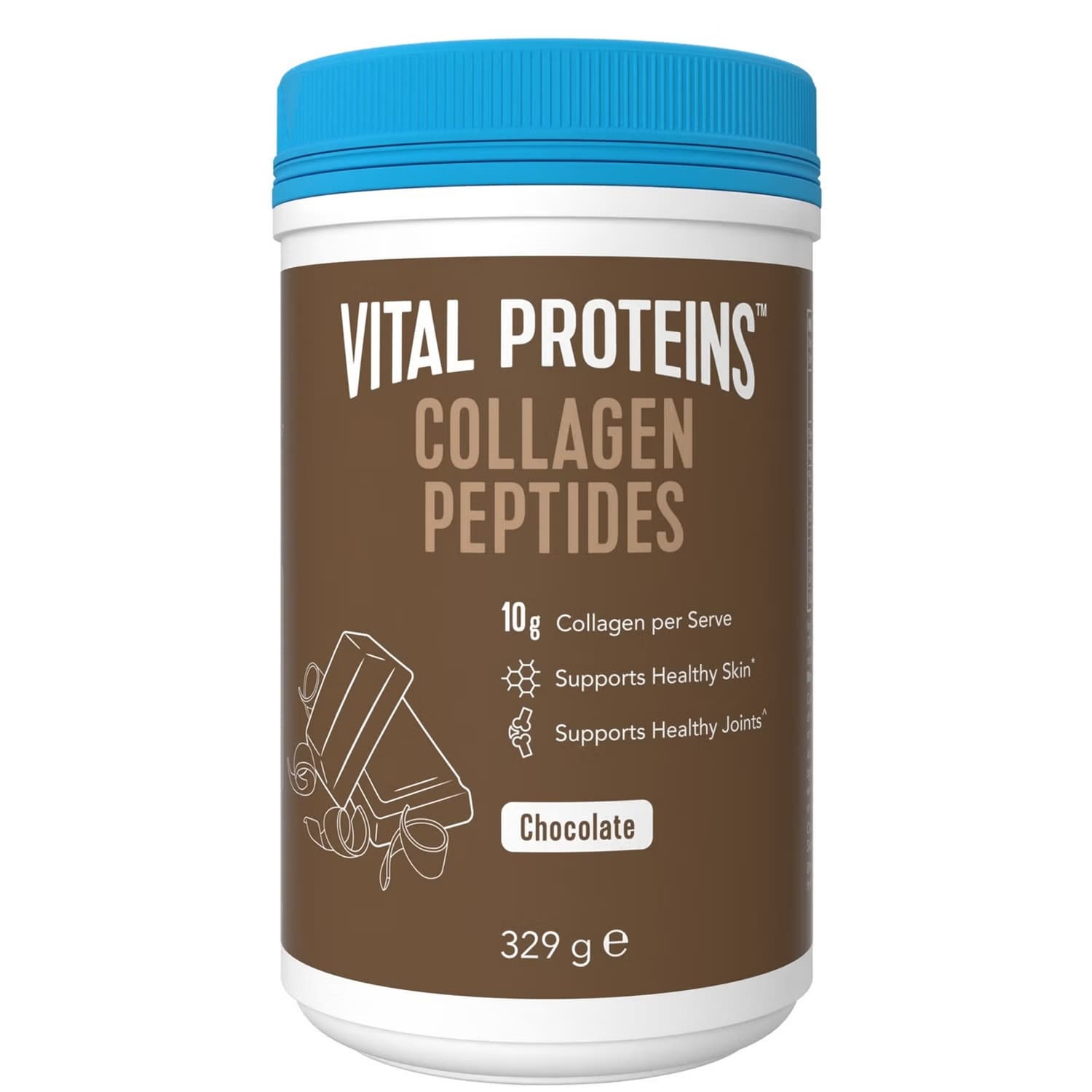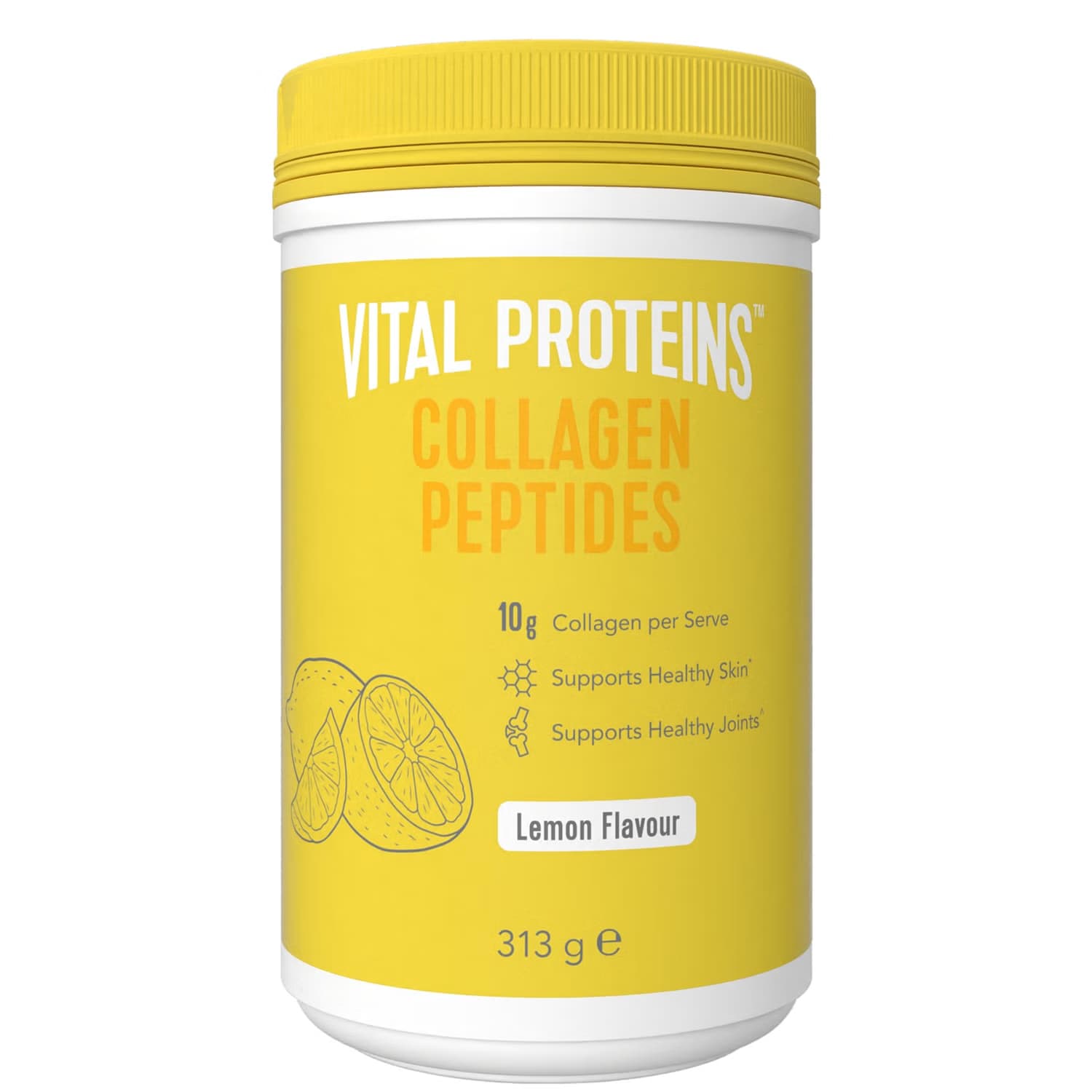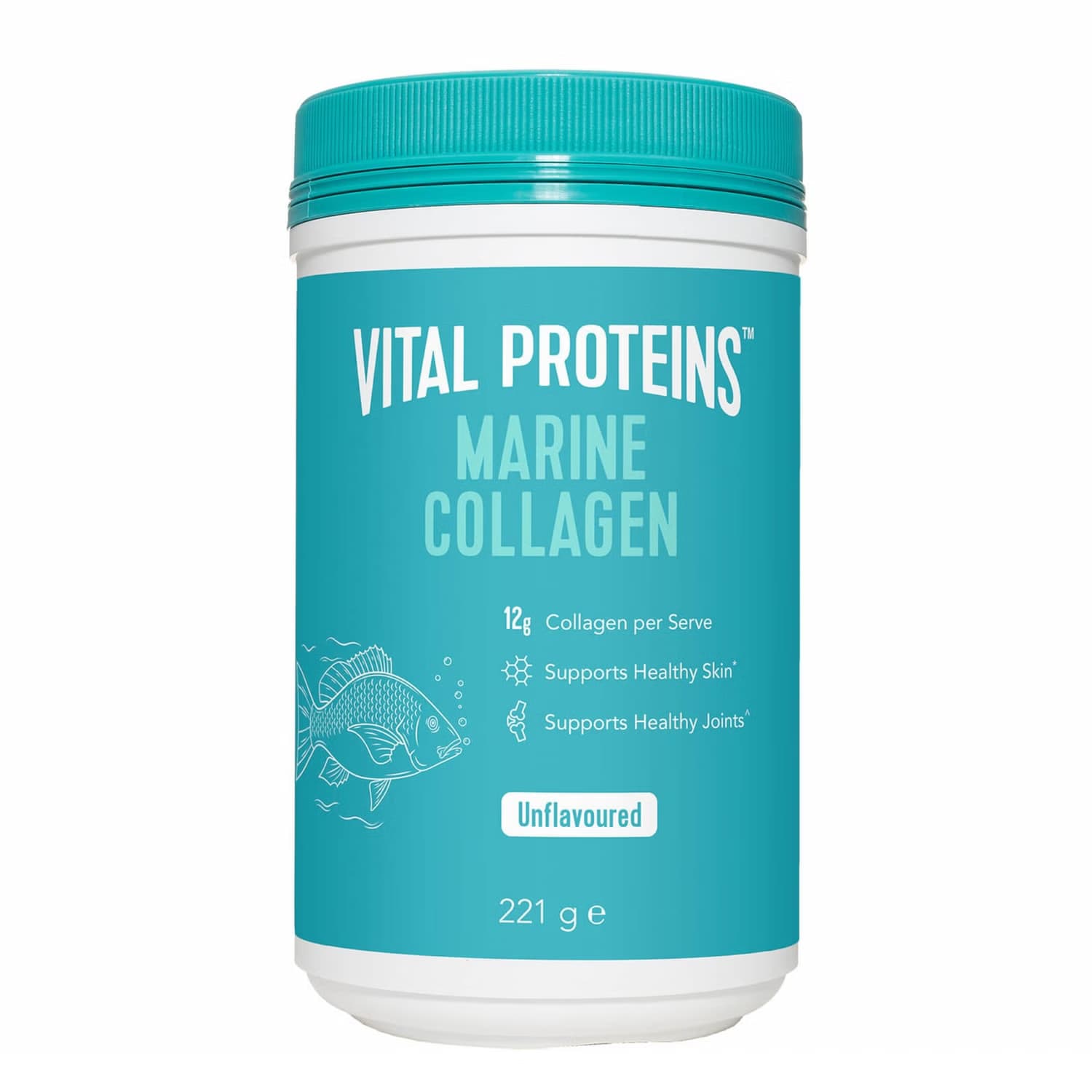
5 Ways to Increase Your Collagen Levels
Collagen plays a crucial role in all things skin, joints and bones. However, through age and other lifestyle factors, our collagen levels can decline as we age.
Carry on reading to discover our 5 ways to increase your collagen intake.
What is Collagen?
Collagen is a protein that is made up with essential amino acids that can help provide structure to your skin, joints, bones and cartilage.
There are multiple different types of collagen, with type I and III being the most common, which you can find in our collagen powders.
The effects of declining collagen as we age, can be seen and felt in our body.
What Impacts Our Collagen Levels?
The main culprit that can impact our collagen levels is ageing. When we’re younger, we have a plentiful supply of the essential amino acids needed to produce and maintain collagen. However, as we approach our 30s, the body relies on additional support that will regenerate and support our collagen levels.
Other factors that can impact our collagen levels may include certain lifestyle choices, e.g., smoking, diet, sleep, and having too much UV light exposure.
We’ve put together a few ways you can help support your collagen intake.
How to Boost Your Collagen
1. Incorporate Collagen-Rich Foods
Incorporating certain foods into your diet can help boost your collagen intake From snacks to main meal options, here are just some collagen-boosting foods you should add into your diet:
- Fish
- Chicken
- Egg whites
- Bone broth (Bone marrow)
- Dark leafy greens
- Citrus fruit
2. Be sun smart
You should consider using a sunscreen with a high SPF and limit your overall sun exposure to help you protect the collagen already in your skin. Making SPF a part of your everyday routine can help provide your skin with protection from environmental damage, such as the weather, pollution and sun exposure, helping to reduce your chances of collagen loss.
3. Get a Good Night’s Sleep
Getting the recommended 7-8 hours of sleep can help regenerate any collagen lost throughout the day, and releases hormones and chemicals that work to restore and repair the body. Getting less than these much-needed hours of rest may impact your collagen production and make you more susceptible to free radical damage and ageing.
4. Introduce Collagen Peptides into Your Routine
With our busy schedules or specific dietary requirements, eating collagen-rich foods may not be the easiest way to help boost your collagen levels. Instead, you might want to introduce our collagen peptide powder into your routine. Available unflavoured, try incorporating our Collagen Peptide Powders into your everyday diet.



